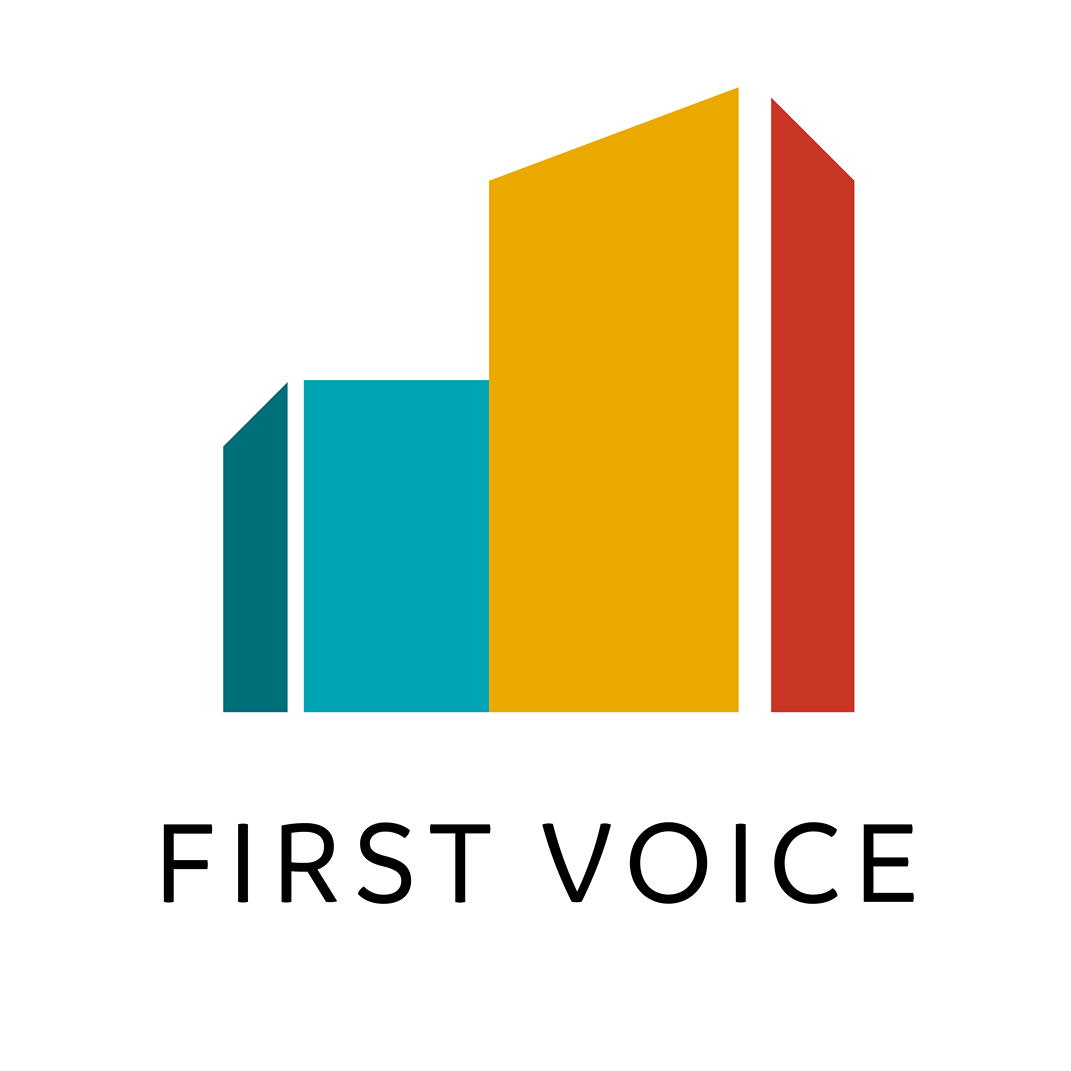
First Voice released a policy brief proposing that the Government of Newfoundland and Labrador consider implementing a Universal Basic Income (UBI) to address the growing cost-of-living crisis. The policy brief was shared with the provincial government in March as part of the biannual minimum wage review process.
Entitled Universal Basic Income: A Strategy for Reducing Indigenous Poverty in Newfoundland and Labrador, the policy brief draws heavily on publicly available data from Statistics Canada showing that Indigenous Peoples – particularly women and children – are more likely to be impacted by the rising cost of living. Indigenous Peoples, both on-reserve and in urban centres, face significant disparities in income and higher rates of poverty compared to the general population. For instance, half of all Inuit children in the province live in poverty, defined as households with an annual income of about $25,000 or less.
Results of UBI pilot projects carried out in other countries, as well as some Canadian provinces, have shown that a guaranteed income can improve outcomes in health, education, food security, and even employment – all while reducing the administrative costs involved in providing what would otherwise be a patchwork of tax credits, rebates, employment supports, and social assistance programs.
An initiative of First Voice to advance Call for Change 16, the policy brief is supported by First Light, the Newfoundland and Labrador Human Rights Commission, the Provincial Advisory Council on the Status of Women, Stella’s Circle, the St. John’s Status of Women Council, and YWCA St. John’s.






